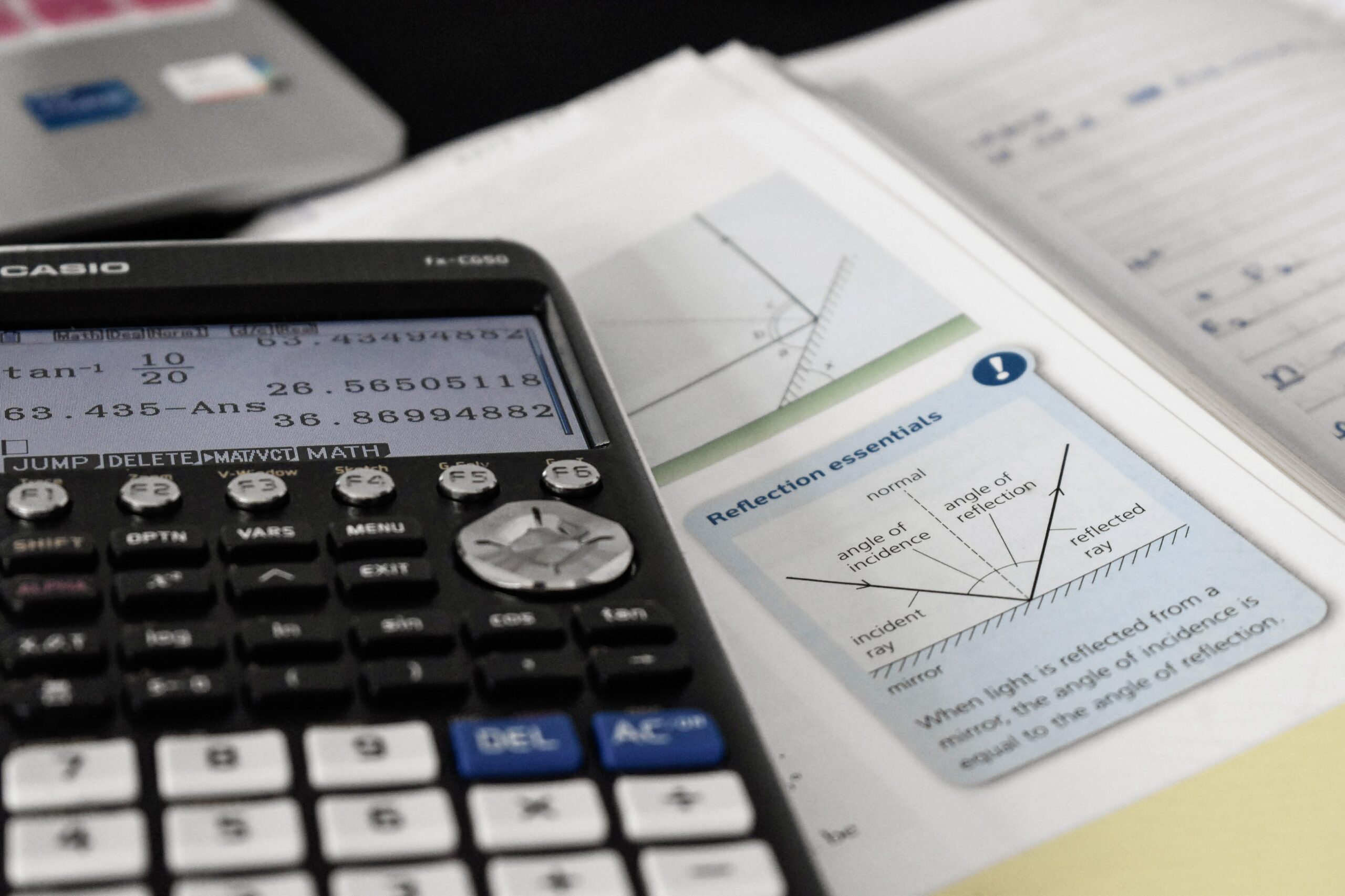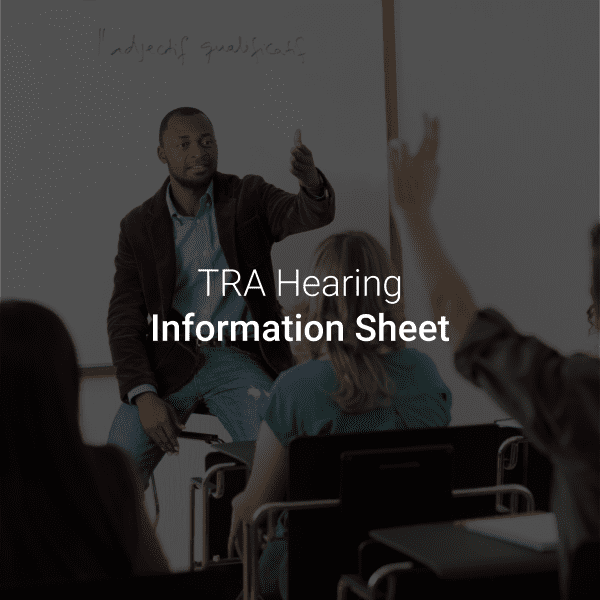Q&A for University Misconduct cases – Advice for Parents
Home → Student Misconduct → University Misconduct FAQs
Student misconduct inquiries and university disciplinary processes vary between institutions, but the sanctions can have serious consequences for ongoing academic study, causing a lot of anxiety for both the students involved as well as their parents. Here, our specialist education solicitors offer their advice on the key information you should be aware of if your son or daughter is facing allegations of misconduct from their university.
Use the links below to navigate to a particular FAQ in this list. If you find that your query isn’t answered here, don’t hesitate to contact our expert team today.
- What happens if my son or daughter receives notice that a report of misconduct has been made about them?
- What happens if the police are also involved in the misconduct allegation?
- What happens if restrictions are placed on the student following the misconduct report being made?
- How long will the investigation take to complete?
- What does an investigation for misconduct look like?
- Am I entitled to have a legal representative support me during the process?
- What happens if the Disciplinary Panel/Committee finds that the student did not breach the Student Discipline Policy?
- Am I entitled to legal aid to fund representation?
- If no breach of the student disciplinary policy is found, am I entitled to raise a complaint against the reporting party?
- What are the benefits of having a legal representative (solicitor) support a student through a misconduct investigation?
1. What happens if my son or daughter receives notice that a report of misconduct has been made about them?
You should immediately contact a solicitor who specialises in higher education law and seek advice. It is better to be informed from the outset about what your University should be doing and hold it to account if it does not follow its policy.
2. What happens if the police are also involved in the misconduct allegation?
A University misconduct investigation can also turn into a police investigation or vice versa. As soon as the police investigation commences, the University investigation should be paused, awaiting the outcome of the police case. In the event that the police do not charge or the court case collapses or the student is found not guilty, it is not a forgone conclusion that the University will not start or recommence its own investigation, that is because a University has a contractual relationship with its students and the misconduct may still amount to a breach of a university policy when applying the lower standard of proof. It is important when responding to any university investigation, there is always an eye to how it may be viewed should a police investigation commence.
3. What happens if restrictions are placed on the student following the misconduct report being made?
Your child will become the reported party, the person making the complaint becomes the reporting party. Universities will usually conduct an early risk assessment which may then result in restrictions being placed on them. This is referred to as pre-emptive conditions or an NCO (non-contact order). The restrictions may be placed on one or both parties, preventing contact or even suspension from study whilst the investigation is ongoing. These restrictions can be challenged if they are disproportionate or unfair.
4. How long will the investigation take to complete?
The Office of Independent Adjudicator (OIA), which reviews University decision making, recommends that an investigation should take no longer than 90 days from start to finish. That being said, regard will be had to the complexity of the case, the number of witnesses and their cooperation with the investigation, the respective parties’ exam periods and whether there is digital data to be reviewed such as social media messaging.
5. What does an investigation for misconduct look like?
Each University publishes its own student discipline code/policy which can be accessed through its website. You must be clear to obtain a copy of the policy which was in place at the time of the misconduct, as policies are reviewed and may change annually.
A University will normally appoint an investigator internally or externally to carry out an investigation. This person will interview the reported party, the reporting party, any witnesses they consider material to the case and collect digital data, which may include CCTV or communication over social media. The investigator will provide a report drawing the evidence together and may make conclusions as to whether there is a case against the reported student. Any recommendations made by the investigator will then be considered by the University body and a decision as to how the matter should proceed will be made.
The standard of proof is the civil test; is it more likely than not that the alleged misconduct has occurred (also referred to as ‘on the balance of probabilities’). This is different to the higher, criminal standard of proof which is beyond reasonable doubt.
If the investigator determines that there is sufficient evidence against the reported party, on the balance of probabilities, and the case is deemed serious, the University will direct that the case be heard before a Student Disciplinary Panel/Committee. The sanctions available, if the misconduct is found proven, will include expulsion from the University with immediate effect. If the misconduct is proven but considered less serious, it is likely that the University will not require a full hearing but instead consider a package of remedial actions which may include a final warning, compensation, preparing a letter of reflection, etc.
Both the reporting party and the reported party have the right to appeal the finding and sanction, but this will not be a re-hearing of the evidence, an appeal will only be permitted if certain criteria apply, such as procedural impropriety or the sanction was disproportionate.
6. Am I entitled to have a legal representative support me during the process?
Most Universities will make it clear that legal representation is not necessary as the process is not a criminal one. That being said, guidance offered to Universities is that legal representation should be permitted where the case is complex or deemed serious. Written representations should be made to the student conduct team as early as possible so that it can consider making an exception and allowing the student to have legal support.
7. What happens if the Disciplinary Panel/Committee finds that the student did not breach the Student Discipline Policy?
The student will continue their studies with no record being kept on their file. The likelihood is that any restrictions imposed during the course of the investigation will be revoked. That said, some institutions allow, as part of their policy, the conditions of non-contact etc to continue in order to manage risk moving forwards. This can be challenged.
8. Am I entitled to legal aid to fund representation?
This is not a criminal process and presently legal aid is not available in this area. If you wish to have the support of a solicitor, fees will apply.
9. If no breach of the student disciplinary policy is found, am I entitled to raise a complaint against the reporting party?
Just because the University deems that there is no breach of the student conduct policy on the civil test, does not mean that the allegation did not occur, just that there is sufficient evidence to prove it did. Unless there is clear evidence of a malicious or vexatious report, the University is unlikely to consider any complaint made by a reported party arising as a result of the investigation.
10. What are the benefits of having a legal representative (solicitor) support a student through a misconduct investigation?
Universities investigating matters which amount to a criminal offence, such as sexual assaults, rapes, stalking and harassment is a relatively new concept. Universities do not have the same resources or skills as the criminal justice system and are often ill equipped to manage complex evidential concepts. Students are usually unfamiliar with misconduct processes and lack the skills to articulate their case, gather rebuttal evidence, challenge the evidence and the evaluations made by the investigator and to comply with tight timeframes. Instructing a solicitor will take the pressure of the student and ensure that they present their case persuasively.
11. Ask another question
Do you have another question relating to University misconduct that hasn’t been covered in our guide? Feel free to get in touch with Richard Nelson LLP’s education solicitors and we’ll endeavour to get back in touch with you as soon as possible.
If you are the parent of a University student facing allegations of misconduct or are subject to an investigation, it is essential you seek legal advice as early in the process as possible. Contact our team today for an initial consultation.




